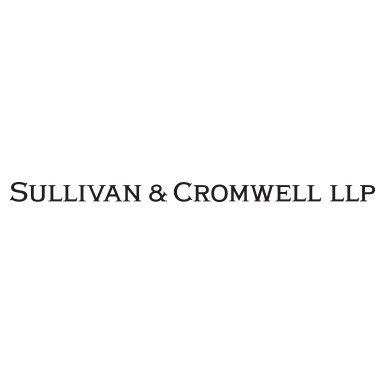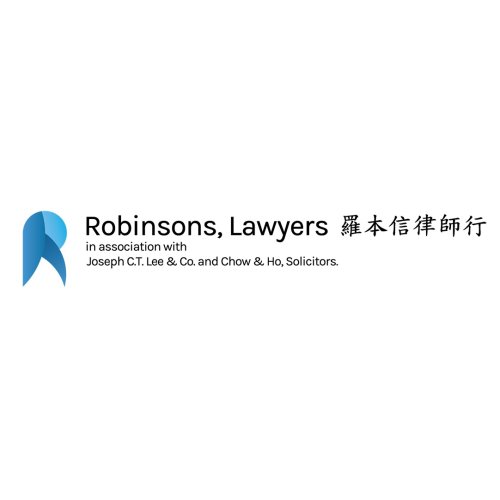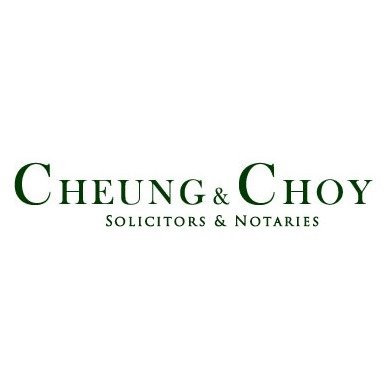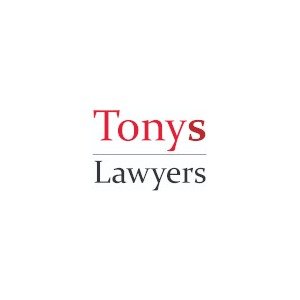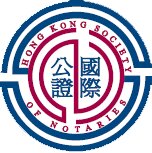Best Equity Capital Markets Lawyers in Central
Share your needs with us, get contacted by law firms.
Free. Takes 2 min.
List of the best lawyers in Central, Hong Kong
About Equity Capital Markets Law in Central, Hong Kong
Equity Capital Markets (ECM) in Central, Hong Kong play a critical role in the city’s status as a leading international financial center. ECM law encompasses the legal framework that governs the raising of equity, especially through initial public offerings (IPOs), secondary share offerings, rights issues, private placements, and other methods by which companies can raise funds via the stock exchange. Central, Hong Kong is home to Asia’s largest stock market and hosts many multinational corporations, financial institutions, and regulatory agencies, making it an important hub for ECM activities. The laws and regulations regulating ECM in Central are designed to promote investor confidence, ensure market integrity, and facilitate smooth transactions in the equities market.
Why You May Need a Lawyer
Engaging a lawyer with experience in Equity Capital Markets is essential for anyone involved in raising capital, investing, or dealing in securities. Common scenarios requiring legal help include:
- Listing a company on the Hong Kong Stock Exchange (HKEX)
- Navigating regulatory requirements for IPOs or other equity offerings
- Conducting due diligence for investors or issuers
- Drafting and reviewing prospectuses or other disclosure documents
- Addressing compliance issues under securities laws
- Managing cross-border investment or fundraising concerns
- Handling enforcement actions or investigations by regulators
- Advising on corporate governance and shareholder rights
- Negotiating with underwriters, investors, or other stakeholders
- Assisting with mergers, acquisitions, or restructuring activities involving listed companies
Local Laws Overview
Equity Capital Markets in Central, Hong Kong are regulated by a robust legal framework rooted in both local and international standards. The main laws and regulatory bodies include:
- The Companies Ordinance (Cap. 622): Sets out requirements for company formation, maintenance, and public disclosures.
- Securities and Futures Ordinance (Cap. 571): Governs most securities-related activities, including offers of shares and disclosure requirements.
- The Hong Kong Stock Exchange Rules: Contains the Listing Rules which outline eligibility, ongoing obligations for listed companies, and requirements for new listings.
- The Securities and Futures Commission (SFC): Oversees market conduct, licensing of market participants, and compliance with securities laws.
- Code on Takeovers and Mergers: Applies to change-of-control transactions involving listed companies.
Hong Kong follows a disclosure-based regime, meaning that companies must ensure all material information is shared with investors. There are strict requirements to prevent insider trading, market manipulation, and to ensure transparency. Cross-border transactions must also comply with overseas regulations, adding another layer of complexity.
Frequently Asked Questions
What is an Equity Capital Markets transaction?
An Equity Capital Markets transaction involves the raising of capital through the sale of shares, typically via IPOs, follow-on offerings, or private placements on the Hong Kong Stock Exchange.
What is the difference between an IPO and a secondary offering?
An IPO is the first sale of stock by a company to the public, allowing it to be listed on the stock exchange. A secondary offering is when additional shares are issued or sold by the company or existing shareholders after the IPO.
Who regulates ECM activities in Central, Hong Kong?
The primary regulators are the Securities and Futures Commission (SFC) and the Hong Kong Stock Exchange (HKEX), supported by legislation such as the Companies Ordinance and Securities and Futures Ordinance.
Are there any restrictions on foreign participation in ECM in Hong Kong?
Generally, foreign investors can participate freely in Hong Kong’s equity markets, but certain industries may have ownership limitations or require special approvals.
What must be disclosed in a prospectus for an ECM transaction?
The prospectus must include all material information about the company, its business, financial position, risks, use of proceeds, management, and more, to allow investors to make informed decisions.
How long does it take to list a company on HKEX?
The process can vary but typically takes 6 to 12 months, depending on the complexity of the business and the thoroughness of documentation and due diligence.
What is the role of a sponsor in an IPO?
A sponsor, usually an investment bank or professional firm, advises the company throughout the listing process, ensures compliance with listing rules, and conducts due diligence to protect investor interests.
What are the ongoing obligations of a listed company?
Listed companies must adhere to continuous disclosure requirements, report financial and operational information regularly, comply with corporate governance rules, and notify the market of any price-sensitive information.
Can a company delist from the Hong Kong Stock Exchange?
Yes, but specific procedures must be followed, including shareholder approval, public disclosure, and meeting HKEX requirements to protect minority shareholders.
How can a lawyer assist with regulatory investigations or enforcement actions?
A lawyer can help by responding to regulatory enquiries, representing clients in investigations or hearings, preparing defence strategies, and negotiating settlements or remedial actions to resolve disputes.
Additional Resources
If you require further information or regulatory guidance, consider consulting these resources:
- Hong Kong Stock Exchange (HKEX): Issues listing rules and provides guidance on listings and compliance.
- Securities and Futures Commission (SFC): Regulates Hong Kong’s securities and futures markets, publishes codes, circulars, and guidelines.
- Companies Registry: Handles company incorporations, statutory filings, and public disclosures.
- Hong Kong Institute of Chartered Secretaries (HKICS): Provides professional guidance for company secretarial practices and corporate governance.
- Hong Kong Bar Association & Law Society of Hong Kong: Can assist with finding qualified ECM legal professionals.
Next Steps
If you need legal assistance with any Equity Capital Markets matter in Central, Hong Kong, consider the following steps:
- Identify what particular assistance you require, such as compliance advice, documentation, or regulatory defence.
- Gather relevant documents and records regarding your company, transaction, or regulatory issue.
- Contact a qualified lawyer or law firm with expertise in ECM and Hong Kong’s market regulations.
- Arrange for an initial consultation to discuss your goals, challenges, and possible strategies.
- Work closely with your lawyer throughout the process, ensuring clear communication and timely responses to regulatory requirements.
Timely and professional legal guidance can help you navigate the complex regulations and opportunities of Hong Kong’s Equity Capital Markets, ensuring your interests are protected at every stage.
Lawzana helps you find the best lawyers and law firms in Central through a curated and pre-screened list of qualified legal professionals. Our platform offers rankings and detailed profiles of attorneys and law firms, allowing you to compare based on practice areas, including Equity Capital Markets, experience, and client feedback.
Each profile includes a description of the firm's areas of practice, client reviews, team members and partners, year of establishment, spoken languages, office locations, contact information, social media presence, and any published articles or resources. Most firms on our platform speak English and are experienced in both local and international legal matters.
Get a quote from top-rated law firms in Central, Hong Kong — quickly, securely, and without unnecessary hassle.
Disclaimer:
The information provided on this page is for general informational purposes only and does not constitute legal advice. While we strive to ensure the accuracy and relevance of the content, legal information may change over time, and interpretations of the law can vary. You should always consult with a qualified legal professional for advice specific to your situation.
We disclaim all liability for actions taken or not taken based on the content of this page. If you believe any information is incorrect or outdated, please contact us, and we will review and update it where appropriate.



